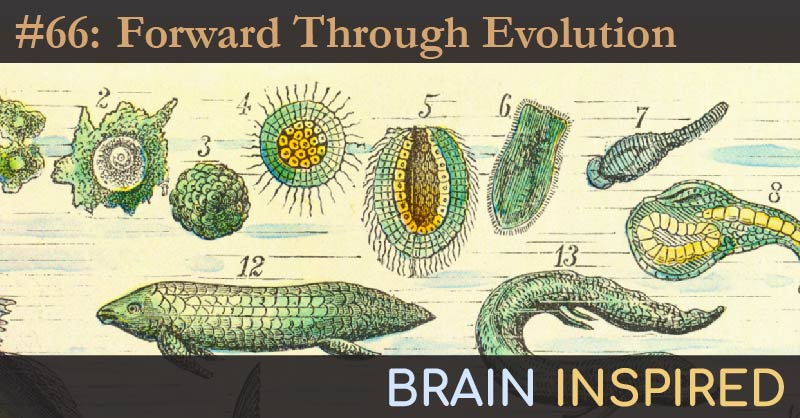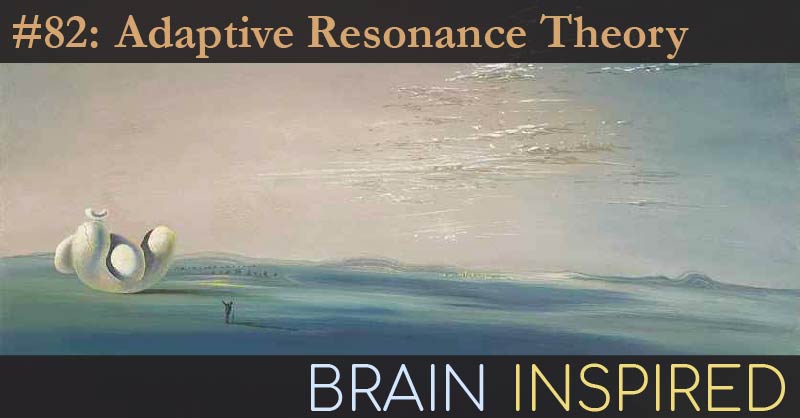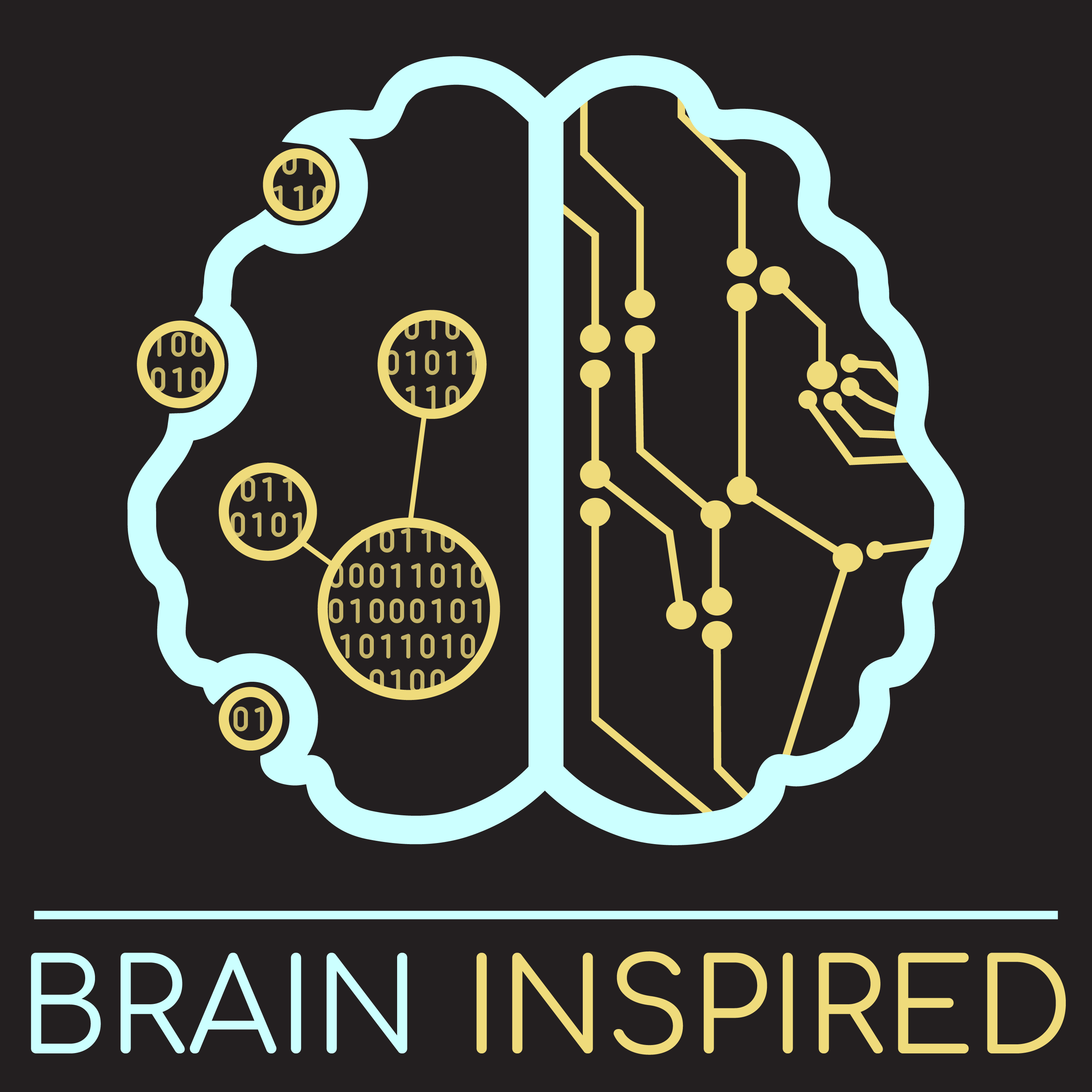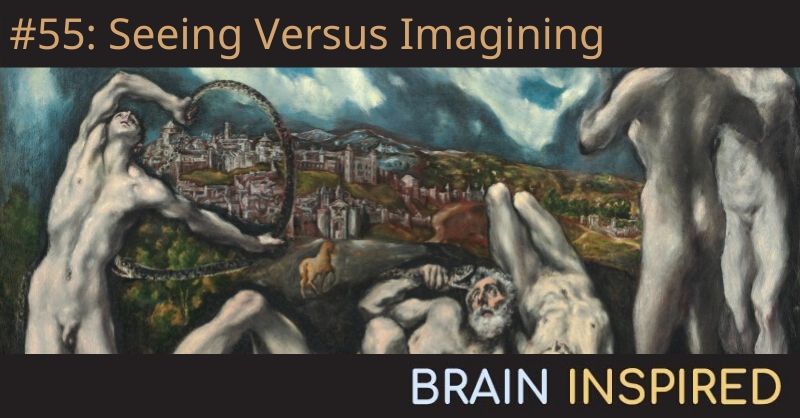

In this first part of our conversation, Paul and I discuss his approach to understanding how the brain (and intelligence) works. Namely, he believes we are fundamentally action and movement oriented - all of our behavior and cognition is based on controlling ourselves and our environment through feedback control mechanisms, and basically all neural activity should be understood through that lens. This contrasts with the view that we serially perceive the environment, make internal representations of what we perceive, do some cognition on those representations, and transform that cognition into decisions about how to move. From that premise, Paul also believes the best (and perhaps only) way to understand our current brains is by tracing out the evolutionary steps that took us from our single celled first organisms all the way to us - a process he calls phylogenetic refinement.

Steve and I discuss his long and productive career as a theoretical neuroscientist. We cover his tried and true method of taking a large...

Show notes: Visit Rafal’s Lab Website. Rafal’s papers we discuss: Theories of Error Back-Propagation in the Brain. An Approximation of the Error Backpropagation Algorithm...

Thomas and I talk about what happens in the brain’s visual system when you see something versus imagine it. He uses generative encoding and...